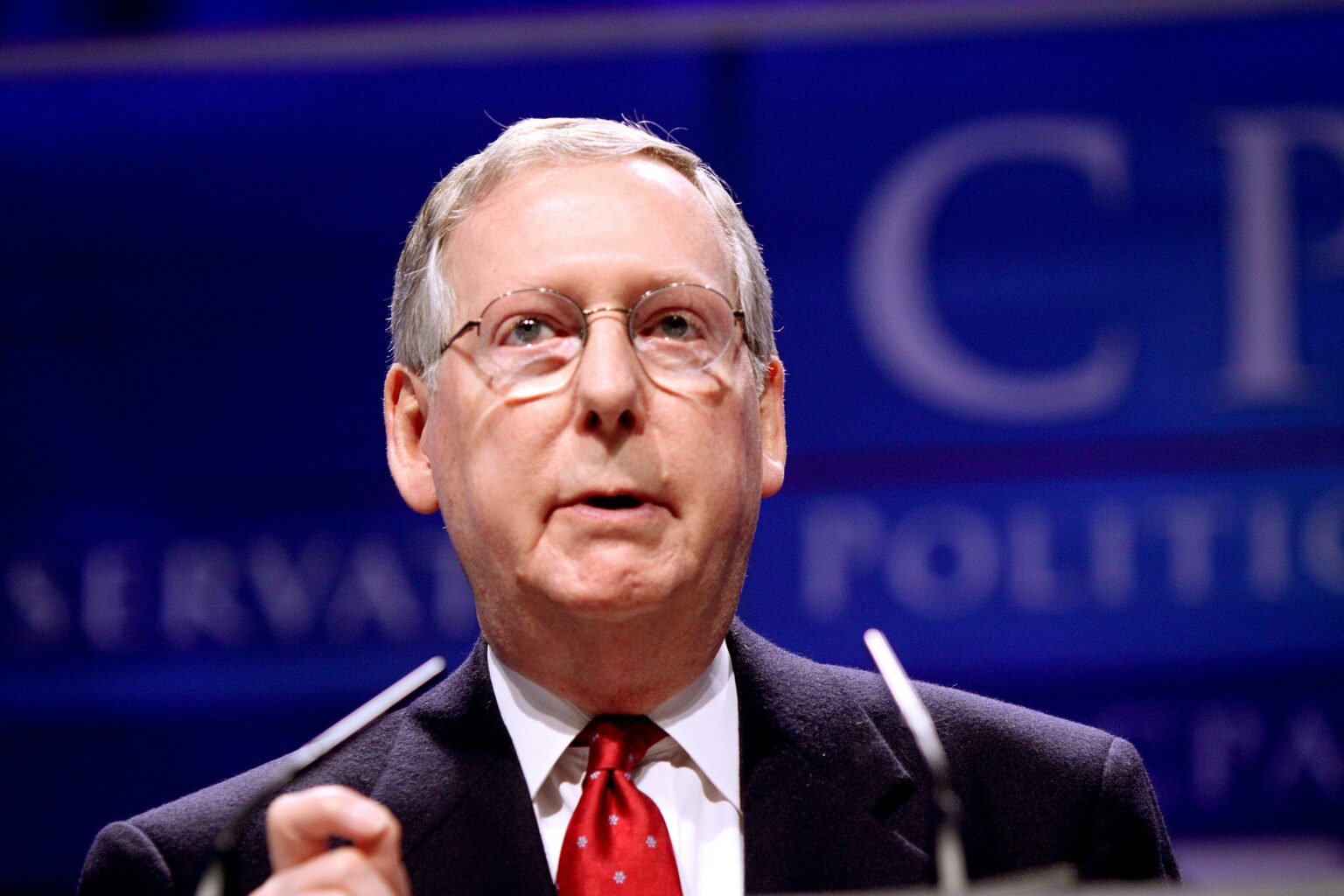Things are getting ugly!
The ongoing contest to replace Senate Republican Leader Mitch McConnell of Kentucky is exposing a significant power struggle within the Senate Republican ranks, delineating between those who support former President Trump and those who oppose him.
Republicans closely aligned with Trump are advocating for any potential successor to McConnell to fully embrace the former president. Conversely, there are Republican senators who prefer McConnell’s successor to maintain a notable distance from Trump, given the divisive nature of his presidency.
McConnell’s strained relationship with Trump, spanning over three years of non-communication following the 2020 election fallout, has created a palpable tension within the party. Many GOP senators aim to alleviate this tension, but opinions on how closely the next leader should align with Trump are sharply divided.
Some, like Senator Tommy Tuberville of Alabama, advocate for a leader who will fervently support Trump, even accompanying him to rallies across the nation. Tuberville emphasizes the importance of energizing the Republican base and standing alongside Trump in rallying for his presidency.
Conversely, other Republicans express reservations about Trump’s endorsement record and behavior, particularly highlighting his recent interference in matters such as Ukraine funding and border security. Senator Mitt Romney of Utah suggests that many senators reluctantly endorsed Trump out of political self-preservation rather than genuine support.
The impending leadership race is seen by some as a proxy battle between traditional Republicans allied with McConnell and the newer MAGA-aligned conservatives critical of McConnell’s leadership. This dichotomy reflects broader divisions within the party.
The two frontrunners for McConnell’s replacement, Senators John Thune of South Dakota and John Cornyn of Texas, have had mixed relationships with Trump. Both have supported Trump’s agenda in the past but have also clashed with him on certain issues.
Speculation is rife that a third Republican senator may enter the race to appeal to Trump-aligned voters. Trump himself has reportedly urged Senator Steve Daines of Montana to consider a leadership bid, although Daines remains focused on securing a Senate majority.
The influence of Trump on the leadership race is undeniable, with candidates emphasizing their ability to work with him and touting their records of supporting his agenda. However, senators are mindful that Trump’s endorsement could either boost or hinder a candidate’s chances, depending on their perception of the former president.
Senator Rounds of South Dakota, endorsing Thune, highlights Thune’s independence from Trump as a positive attribute, suggesting that it could resonate with colleagues seeking a leader focused on the Senate’s long-term interests.
Ultimately, the race to replace McConnell underscores the complex dynamics within the Republican Party, with competing factions vying for control and navigating the legacy of the Trump presidency.
